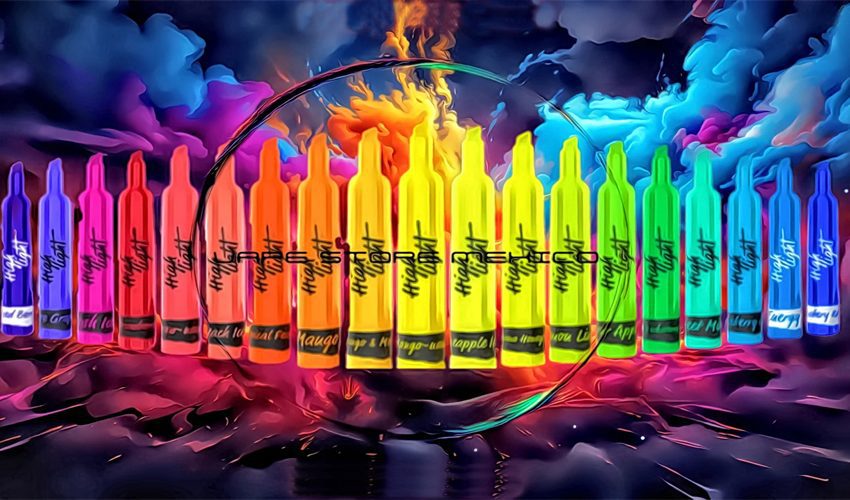Britain’s proposed generational tobacco ban will not become law before the July 4 election announced by Prime Minister Rishi Sunak this week, reports Reuters.
The U.K. Tobacco and Vapes Bill aims to phase out the sale of cigarettes. It would make it illegal to sell tobacco products to anyone born on or after Jan. 1, 2009, after they turn 18. It would also provide powers to address vaping among young people.
The bill had passed its first parliamentary hurdle in April despite dozens of lawmakers in Sunak’s Conservative party voting against it.
However, the government failed to put forward the tobacco and vapes bill as part of the legislation to be passed in the “wash-up” period before parliament dissolves.
Unless ministers resuscitate the bill at the last minute with an emergency statement today, it will be up to the next government to re-introduce the smoking ban in a fresh bill. The Labour party is committed to the policy and could include it in its manifesto. “Our position hasn’t changed so if it doesn’t come through, then we will look at putting it in the manifesto and introducing a bill,” a Labour representative told The Guardian.
The U.K. Vaping Industry Association (UKVIA) welcomed the news that the bill would not be rushed through the legislative process. Earlier, the group had complained that the Department of Health and Social Care had failed to carry out any risk assessments into the health impacts of fewer people using vapes to quit smoking as a result of potential changes to flavor offerings, point of sale displays or packaging and product presentation.
“It is wrong to rush any legislation through parliament without proper scrutiny but with a bill like this, where lives are quite literally at stake, it is even more important that the correct checks and balances are in place when considering what new powers to introduce,” said UKVIA Director General John Dunne in a statement.
“We believe that properly drafted new measures to ban child-friendly designs and flavor names and ensure that products, backed up by a powerful and effective enforcement regime will continue to see smoking rates fall while ensuring that youth uptake rapidly comes down.”
Anti-smoking activists took the news in stride. “While the tobacco and vapes bill appears to be a victim of a snap election, all is not lost,” said Deborah Arnott, chief executive of Action on Smoking and Health. “This bill has the strong support of the chief medical officers of all four nations in the U.K. as well as the overwhelming majority of the public.”




















